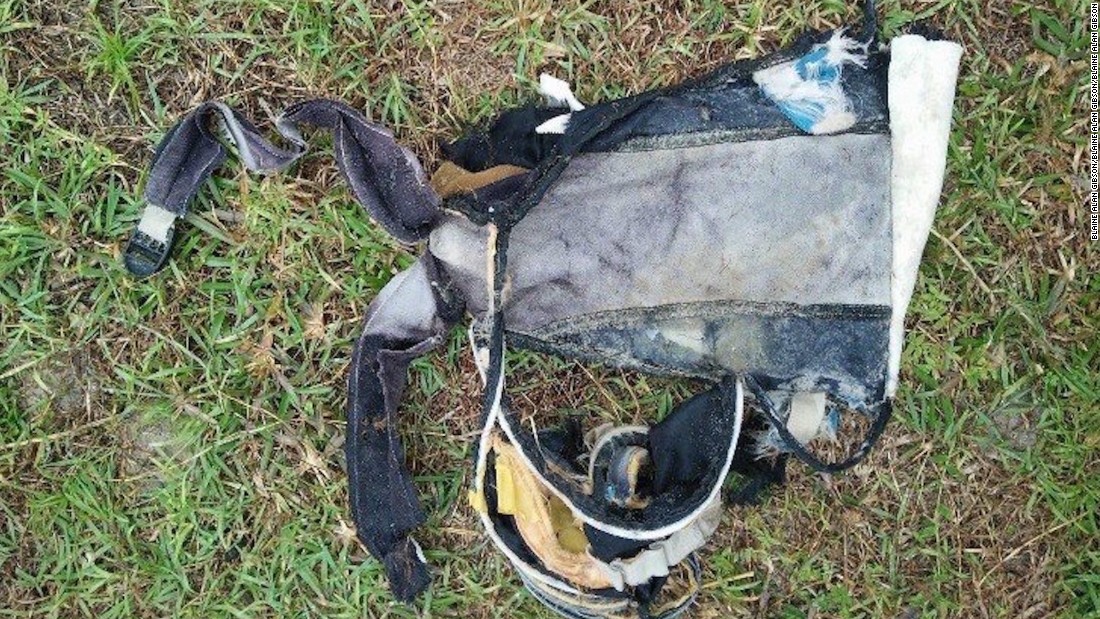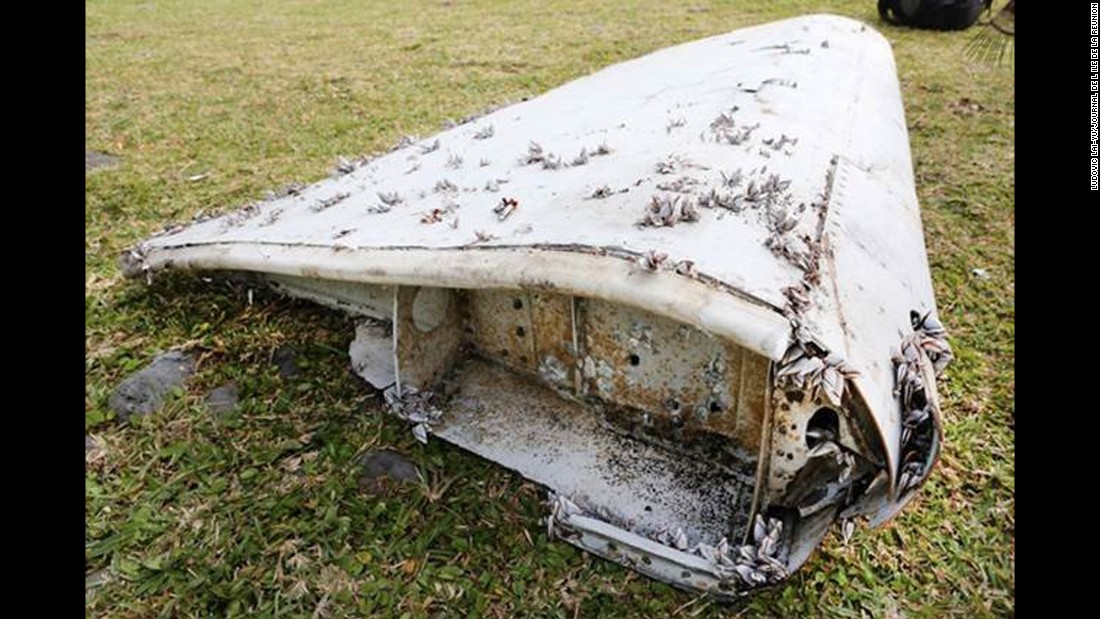The waters off Madagascar in the Indian Ocean have delivered what debris hunter Blaine Gibson says could be the first personal items belonging to passengers aboard missing Malaysia Airlines flight MH370.
Gibson told CNN he also found two possible pieces of debris on a beach near the same place he discovered other pieces of debris that Australian authorities have said “almost certainly” belong to the airliner.
The Malaysian Airlines flight went missing with 239 people on board in March 2014, and despite a two-year search investigation, mystery still surrounds its final resting place.

Personal items
Gibson says he found 15 to 20 possible personal effects, including a small backpack, purse, computer case, phone cases and cabin-sized carry-on type items, on a Madagascar beach between June 7 and June 16.
He says there’s nothing to identify who the items belong to, and has sent the images to MH370 families support group to see if anyone recognizes them.
Malaysian and Australian authorities had been notified of the find, he said, and planned to collect them for analysis. Australian authorities said that would be the responsibility of the Malaysians.
The two new pieces of potential debris found include a strip of plastic fiber glass covered in gray paint and a piece of brown plastic fiber glass. Both are about 40 centimeters long.
Gibson says he found them on the island of Nosy Boraha, off the east coast of Madagascar — the same location where he found three possible plane debris pieces on June 6.

Search zone
Officials from Malaysia, Australia and China are meeting in Kuala Lumpur this week to discuss the search, which has swept vast areas of the ocean floor off the Australian coast.
In a statement issued Monday, the three countries said they’ve agreed to act together to take decisions relating to the search for MH370.
The statement noted that in April 2015, the countries agreed that — in the absence of credible new information — the search would end if the plane wasn’t found in the designated search zone.
It’s now expected to take until at least August for teams to cover the 120,000 square kilometer search zone, due to recent disruptions from rough weather.
More than 105,000 square kilometers have been searched so far, according to the Australian government’s Joint Action Coordination Center.
As reported by CNN
